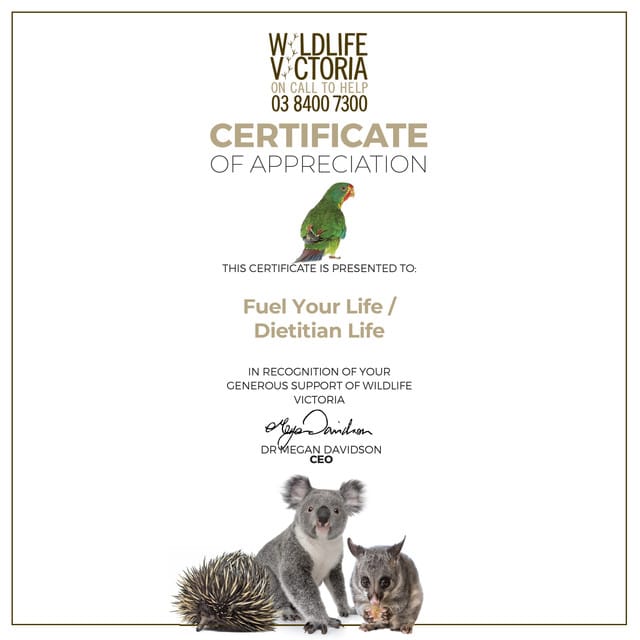With the internet and the ever-growing online global community, misinformation is spread like wildfire and is popular among many dietary subcultures (such as the vegan and organic movements). There is a claim that the cow’s milk available on supermarket shelves is packed full of all kinds of nasty additives. We’re talking hormones, antibiotics, and even blood and pus… Yuck! Dairy products have even come under scrutiny with many health gurus around the world making claims, however, should we consider this here in Australia?
The Facts About Dairy Products
In some parts of the world, this is, in fact, a reality. However, in Australia, we are fortunate enough to have some of the toughest food standards in the world protecting us as consumers. Such standards prohibit the use of several hormones and control a screening process on atypical products.
In terms of your diet, dairy products such as milk, cheese and yoghurt are nutritious foods. They are rich in protein, calcium, potassium, phosphorus, vitamins A, D and B12, riboflavin and niacin. Therefore, they should be a part of a balanced diet where possible.
Of course, there are many reasons why someone may choose not to include dairy products in their diet. However, in Australia, fears of contamination should not be one of them.
Let’s take a closer look…
Hormones
To increase milk production, countries like the United States of America use a hormone called Bovine Somatotropin (BST). However, in Australia, this is not the case. BST and the steroidal hormones such as estrogen, progesterone and testosterone for growth promotion are not permitted in dairy farming.
Cow’s milk contains a small amount of naturally occurring hormones but these hormones are digested by enzymes in the gut. As a result, they are broken down and not absorbed in their active form.
Antibiotics
In Australia, if a dairy cow has a bacterial infection and they require treatment with antibiotics to recover, their milk must be disposed of. The cow’s milk cannot be used until the specified ‘withholding period’ has elapsed.
In addition, dairy companies test milk for antibiotic residues when it is collected from each farm. The industry as a whole participates in national testing programs which is overseen by state and federal government agencies.
Blood and Pus
The milk you buy for human consumption in Australia does not contain blood and pus. This myth is derived from the idea that blood and pus may be present in the milk when the cow’s udder is infected with bacteria (Mastitis). Dairy farmers monitor their cows at every milking for signs of Mastitis or other conditions that could affect the quality of the milk. Milk that does not meet the standard is collected into a separate vessel and discarded.
The screening process for milk is extensive, including numerous checkpoints throughout the production process. As a condition of supply, all Australian dairy farmers must have an approved food safety program in place to meet state dairy authority requirements.
Take Away Messages About Dairy Products in Australia
- Different countries have different food standards and requirements. In Australia, the standards are high, and the milk is safe.
- Milk and other dairy products are nutritious food sources.
- Australian milk does not contain artificial hormones, antibiotics, blood and pus.
Want to learn more evidence-based facts on nutrition trends, fad diets and all things food-related? Head on over to our blog page to read more, or get in contact with one of our Accredited Practising Dietitians today!







